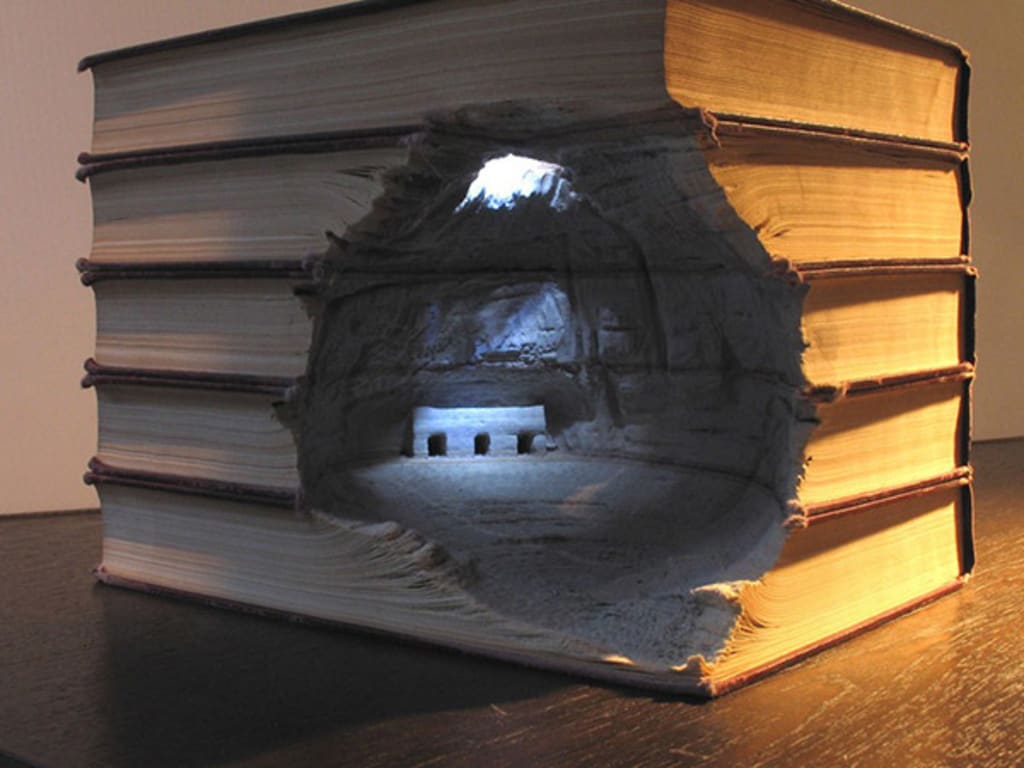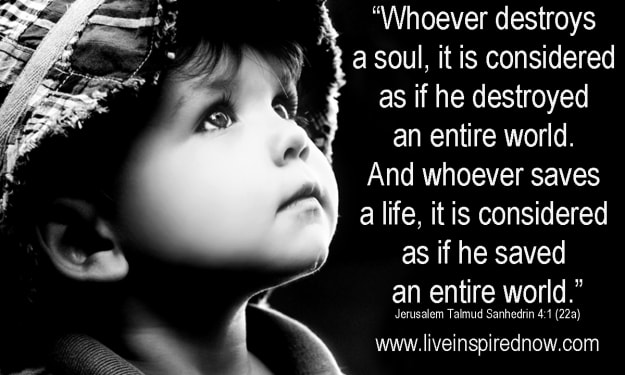
Some people love to read. They devour books in days, feasting upon them, one after the other like a box of chocolates left open in a room filled with hungry people. They are the speed readers, capable of interpreting 1,000 words a minute; they turn pages like a camera snapping pictures, but do they truly enjoy the beauty of the written words? Do they share the emotions of the characters and grasp the subtle connotations being so generously offered by the writer or do they simple read, following the Get it, Got it, Good, Moving On mentality.
Believe it or not, I don’t read a lot of books. I tend to be a slow reader, painfully slow. I read to myself the same way I would read aloud to someone else, with inflection, with emotion, and often I re-read passages several times to be sure I understand what is being said or not said, shown or not shown, felt or not felt, it’s the writer in me. Therefore, I do not often read the book when there’s sure to be a movie coming soon, anyway. There are, of course, exceptions. I have read Tolkien’s glorious trilogy; I’ve perused many of the historical reenactments of Philippa Gregory, and I’ve savoured the challenges of Dickens, Austin, and Poe, but more often than not completing one book takes me, on average, a year. Particularly because I detest abridged versions; if I cannot sink my teeth into the sumptuous banquet the author has created, in its entirety, and relish each delicious morsel, then I’d really rather not, thank you.
Some of us take days and others take months to absorb what’s scribed upon the page; it’s a form of translation and at the end of the day, it really doesn’t matter how long the process takes. Perception of an idea, ideal, symbol, or suggestion: this is the desired outcome, the goal of all authors, but there are many forms of translation and many levels to reaching the ultimate objective.
A book can sit on a dusty shelf in a library, patiently waiting to be picked up. It can be deviated into a shadow of its former self by one company or another, reducing it into bridge notes. It might be fortunate enough to be adapted into a performance worthy of the stage or it may achieve the dubious distinction of being made into a movie.
Translating a masterpiece of words, phrasing, sub-text, symbolism and point(s) of view into film is a daunting undertaking that I cannot even begin to fathom and would never take on, not for any inducement; however, having said as much, there are those individuals who prefer this painstakingly complex ordeal over the actual reading of said work of genius and I give them credit. Granted, there are far fewer remarkably stunning adaptations than there are second-rate disappointments, but this is the danger inherent in translation. Often, simply too much of the scope and magic of the original is lost in the conversion, for whatever reason: low budgets, creative differences, mediocre photography, deficient acting.
A perfect example of the blunder of taking an extraordinary book and slapping it in front of a camera with seemingly little forethought is the 1990 film Lord of the Flies. I LOVE the book; to me, it is unquestionably a magnum opus and I've read it more times than I care to mention. The intoxicating descriptions and profusion of symbolism throughout are enthralling. They are also the essence of the book, but when it was adapted for (this particular) film, those composing the translation seemed to pay little heed to the book’s all important imagery.
Simple things, like the colour of the characters hair, were disregarded. In the book, the protagonist, Ralph, is blond… and for good reason: he is the representation all that is good, light, and right in society. The book’s antagonist, Jack, has red hair and is described as quite unattractive… again, for a purpose. He represents all that is dark, savage and unbridled in the world. Two significant representations, but in the movie they are reversed. In fact, nearly ever symbol of the book was inverted or ignored in the movie and the result was utterly, devastatingly disappointing.
But for all the travesties of injustice that exist, there are also tour de force demonstrations of the exquisite magic that is possible when masterful and insightful directing, collaborative production, skillful artistry, breathtaking cinematography, and incomparable acting unite. When the final translation of a single idea, conceived in the mind of the author, takes on physical, emotional, and spiritual manifestation through the eloquence of an actor who is fully committed to the embodiment of the charade, all else pales by comparison.
For a book, and, often, for me, this is the moment Valhalla opens, the instant when Elysium comes into view, this is the Attainment of Utopia and the Achievement of Enlightenment. When the supreme privilege of witnessing the brilliance of perfectly executed translation brings us to the Gates of Heaven and we watch the magnificent spectacle in awe and adoration.
About the Creator
Cynthia Morgan
Cynthia A. Morgan is an award-winning author and Inspiration Coach. Her captivating stories and poetry promote positivity. Founder of Booknvolume where 18K readers find inspiration and daily meditations for finding the Hush in the Rush.






Comments
There are no comments for this story
Be the first to respond and start the conversation.